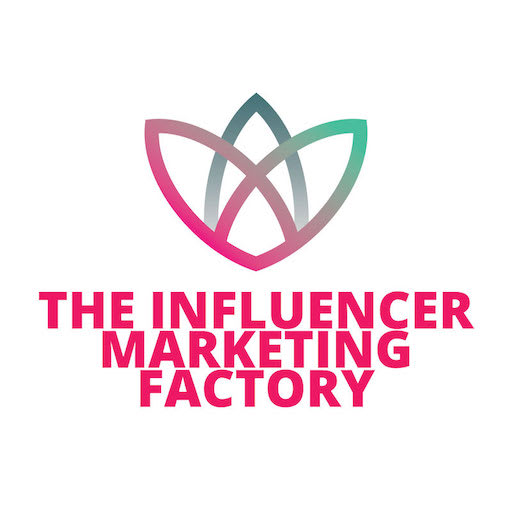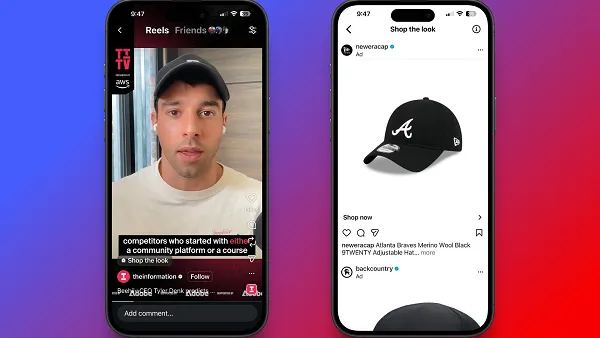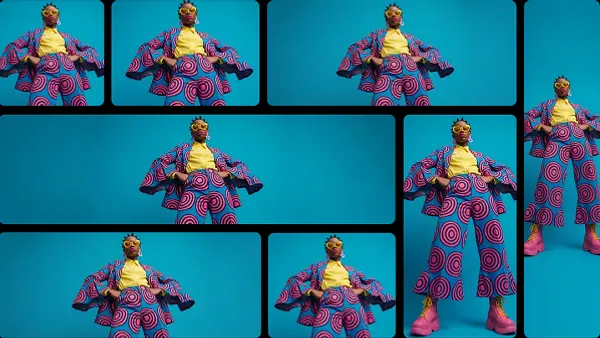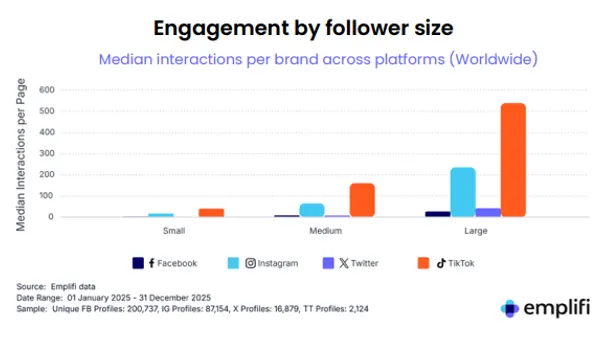I caught a look at the Olympic Social Media Policy  recently, and it brought to mind many things. Most prominently was that the document was extremely restrictive. The set up for this upcoming Olympics is that it will be highly interactive, with Social Media worked into broadcasts, promotion, and really overall. It's being said it will be the first Social Media Olympics. Yet this document seems to counter all the things we know to be the strengths and driving forces of Social Media:
recently, and it brought to mind many things. Most prominently was that the document was extremely restrictive. The set up for this upcoming Olympics is that it will be highly interactive, with Social Media worked into broadcasts, promotion, and really overall. It's being said it will be the first Social Media Olympics. Yet this document seems to counter all the things we know to be the strengths and driving forces of Social Media:
- Authenticity (eliminated by style guides and very specified rules of Tweet and blogging)
- Community Sharing (eliminated by restrictions on what can be shared)
- Raving Fans (Restricted by what the athletes and participants are allowed to talk about- specifically the restriction that no (unauthorized) brands can be mentioned as part of communications)
- Trust - Although the intent of the document is to maintain the image of the Olympic values, which we surely trust in, the restrictions by nature do not allow for freedom of communication in a natural way. Therefore, the messages we may see are not the true picture of what is happening, they are altered and strained communications where individuals have to moderate/censor/edit themselves before shooting off anything, even a 140 Character tweet.
The Sponsorship and Brand Recognition Issue
The first thing you want to make sure of when you promise Social Media anything to sponsors is that they understand for any event that social media is alive. Social media is not print advertising, it's not pre-planned and it's not predictable. To try and limit social media and stage it like a television commercial or a static ad is simply not possible.
This being said, many traditionally run businesses who are not "Social" in nature are getting into Social Media. In fact, most businesses who enter the Social Media sphere will go through a period of not really understanding that true success in social media depends on the business being agile, "alive" and living by the values they "promote" on their social channels - not just with their clients, but internally as well.
If the business does not have a social mindset, they will get trapped in this endless desire to control messages - an impossibility since social media is alive. The messages, the "talk" around your product, can not be controlled any more than you can control the entire world around you.
Today is one month to go until the #London2012 Olympic Games begin. RT if you're excited!
- London 2012 (@London2012) June 27, 2012
The Olympics Are About Human Spirit
I love the Olympics, everything they stand for, the athletes, the energy, the driven people who make this such an amazing event. I don't blame them for trying to take control by setting social media guidelines (read "restrictions"). I understand business and red tape. However, their guidelines dictate the styling, the content and the nature of the tweets to such an extent that they are completely killing the essence of social media communication. In addition to style guides on how to tweet and blog, they have restricted what you can tweet or blog about, including a restriction on acknowledging brands.
Hundreds of athletes are living the experience of their lifetime - and many of them have gotten there with the support of, as an example, let's use "New Balance"... Isn't it almost against the human spirit to take away from the individual participants their ability to send "authentic" tweets, instagram's or acknowledgements for their true gratitude? Doesn't the policy alter their natural behavior in highlighting that they shouldn't include mentions of un-approved sponsors in their social media activity during the Olympics? Shouldn't the main corporate sponsors who are being "protected" by this policy understand and encourage the genuine support on social networks, the spirit of authenticity, rather than hope to gain principal spotlights via forced behaviors?
- Wouldn't it suffice to ask each athlete to paste a statement in the Twitter bio: "Tweets are my own"?
- Wouldn't it be nice for the Olympic committee to make a public statement saying " We support individuality, the qualities that have make these athletes among the best in the world, their tweets are their own and do not necessarily represent the view of the Olympic Committee"
Each athlete's fans want to live that experience with them, they care about what they are doing, will these restrictions alter the engagement quality, the depth of communication?
For anyone living the social culture of sharing, with these guidelines, there is little room for authenticity.
Social Media is a Living Thing
I think this is a great learning opportunity for people engaging sponsors in how to manage proper support via social networking. Don't create social media policies trying to filter out messages about other great companies who have helped individuals get where they are.
Have faith in your brand, have faith in your sponsors. Your job, as the company who signed the deals with these sponsors is to promote and push them with your participants in authentic and natural ways.
Social Media messages spread by enthusiasm, by people believing in their messages. Fred McClimans, Executive Director of the 2020 Foundation gave a great example at the #140MTL presentation: Pervasive Communications , that people now hear something or experience something that makes such a mark they want to share it with the world - now through social channels they can!
Focus on enabling and encouraging, not restricting
Event organizers have a responsibility to their sponsors. The way to meet this commitment is not through a social media policy, it's by making sure that everyone there knows why the sponsor is so amazing. By giving the participants, and athletes something to tweet, to take pictures of and to rave about, something they appreciate so much they want to shout out with passion : "Check out what Nike did here!! Nike is amazing!"
Engage your participants with your sponsors
When I was organizing the #140MTL Conference, I created easy ways to encourage others to tweet about our sponsors, throughout the planning I made sure to tell people about the amazing partnerships and the very cool things our sponsors were doing. I have since learned that new partnerships have formed as a result, and support for the sponsors is evident. I did not worry about if some other brand got some props for being awesome, that's not the point. The point is to generate true reaction and that only happens if the people involved, the ones tweeting, have something to appreciate, admire and tweet about. If you engage the participants with the sponsors you won't worry about what others brands are being talked about. I would tell people over at the Olympic committee to step out of the box, start promoting the value of your sponsors, start sharing what they have done in heartfelt genuine ways - not on contracts and pieces of paper. Any brand who supports the Olympics is pretty amazing - make people realize the true impact these sponsors make and they will talk about it. Live communications shouldn't be manipulated or guaranteed. They have to stem from reality, and reality doesn't come with a rule book.
By dimming the light of others around you, it doesn't make your light brighter. Instead of the Social Media (Restrictive) Policy, how about sending heartfelt communications via the official channels (Community Managers do their best work here) and reminding them how these sponsors make the event possible, these sponsors make dreams come true, and show them some social media love. To keep making dreams come true, we need to show them, tweet them and thank them. How about making sure people get wowed by things and tie this into the brand directly? Create hashtags to support the brands, like #NikeWOW or fun things like that. Create contests around the hashtags. Give people something to get excited about the brand!
Social Media Community Managers Can Lead the Pack
A good community manager, or teams of them (for an event of this size) can pick up on tweets and turn any tweet about the Olympics into a conversation. Choosing the right people to do the social listening for the event and make sure that important messages and energy get spread around the sponsors is key. Switch your focus to proactive and engaging community management, instead of restrictions - your efforts will go a long way.
Make them feel it.
People are more willing to say great things if they feel great things. That's how to handle social media and sponsorship, be the raving fan when you represent your sponsors, show their value, give people reasons to tweet about them, make them a part of the picture more than the print ads, and the banners and then let the story be told, authentically without restriction. That's what the world wants, and if the athletes want to send a tweet about another brand, let them. Social Media is a living medium. A policy doesn't drive enthusiasm, love, life, passion do - just like the Olympics - the driven, the passionate, the engaged will stand out. Enable authenticity, and adjust to a social business model.
Get Social, Let the True Messages Shine!
Enjoying our first cup of Yorkshire tea - thanks to our Yorkshire physiologist twitter.com/1boat2girls/st... - Rebecca Juliette (@1boat2girls) June 27, 2012
Are tweets like the one above really going to create a major impact on the overall spotlight on the sponsors? As we look at Social Media "Policies" we must try and take the approach of encouraging open communication, and put less focus on control. Whatever we are trying to achieve, if the event focuses around peoples dreams, their drive and their vision - we need to try and work it out so they can share these things openly and positively.
It is worth noting that the Social Media Policy was written over a year ago, in the scope of how quickly Social Business has evolved in the past year, it is possible that if they went to draft this policy today, they might not have taken the same approach.
Will this really be the first "Social Media Olympics" ? Indeed it will, and if nothing else we will learn Social Media spreads the true thoughts and feelings of the people, and this can not be bought or restricted, despite what some may think.
These are my perspectives...What do you think? Is the Olympic Social Media policy a disaster, or smart business? If you were a participant, how would this make you feel? Would it matter?










